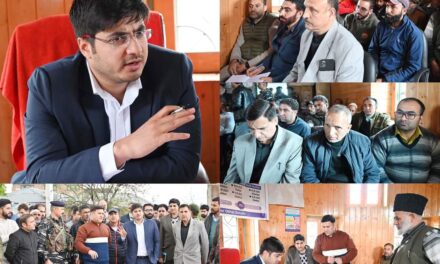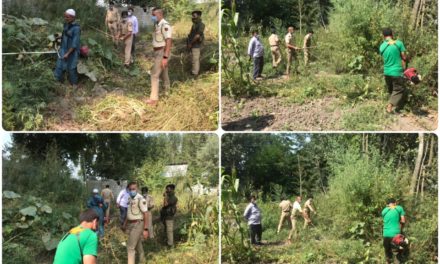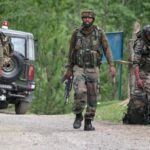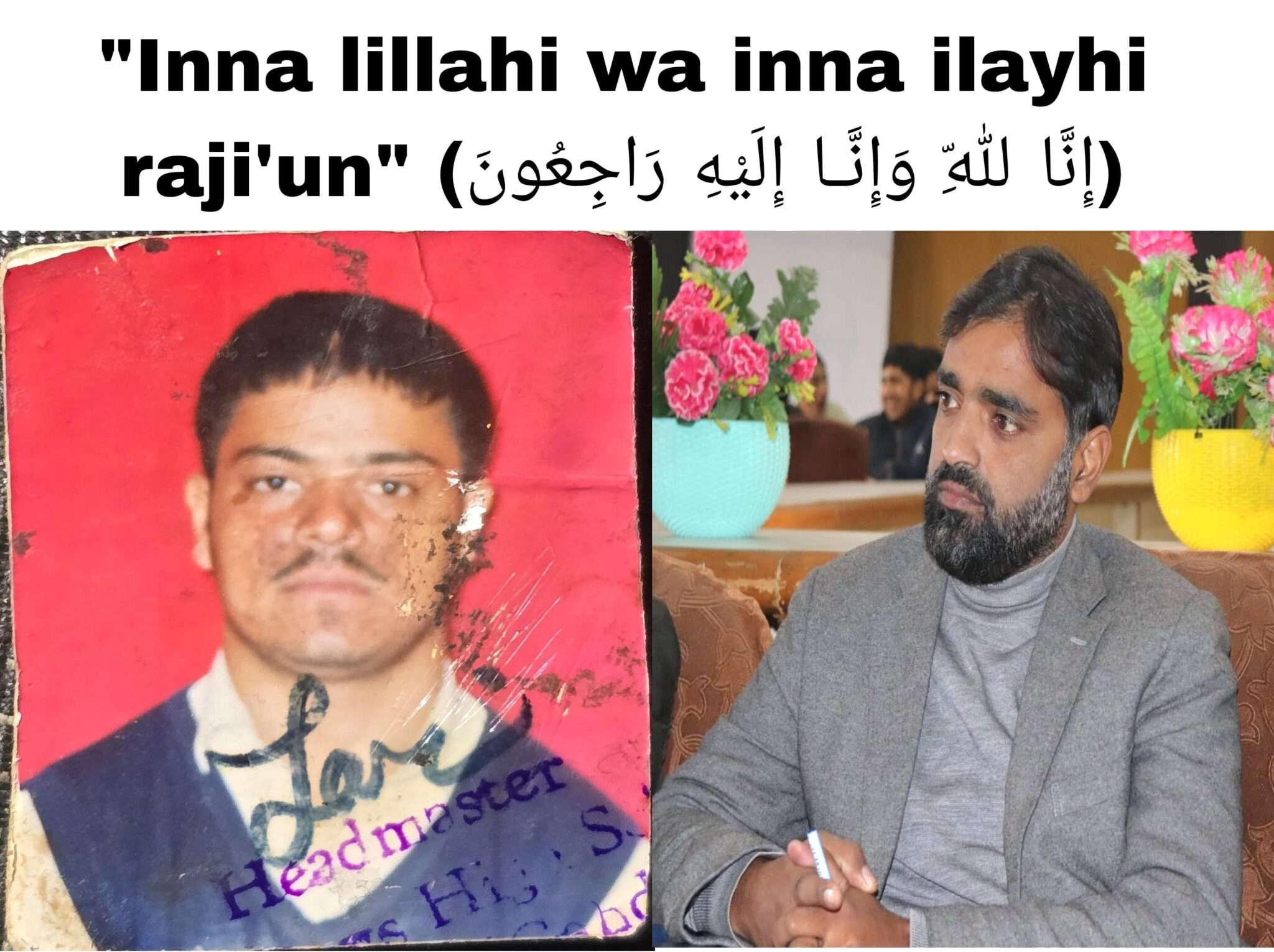![]()
Reasons: Internal strife, fractious alliance with BJP, erosion of voter trust following Article 370 abrogation
Jahangeer Ganaie
Srinagar, Oct 08 (KNO): In the 2014 Jammu and Kashmir Legislative Assembly elections, the People’s Democratic Party (PDP) achieved a remarkable success, securing 28 seats and becoming the largest party in the state. However, the party has faced numerous setbacks over the past decade, resulting in a dramatic decline in its fortunes.
According to the news agency—Kashmir News Observer (KNO), the PDP’s performance plummeted in the 2024 assembly elections, where it managed to win only three seats. The party’s sole victories were in Pulwama, Tral and Kupwara, while it failed to secure any seats in central Kashmir and the Jammu division.
Notably, several former PDP members who were elected in 2014 did not contest in 2024, including Syed Mohammad Altaf Bukhari (Amira Kadal), Javid Mustafa Lone (Chadoora), Javid Hussain Baig (Baramulla), Noor Mohammad Sheikh (Batamaloo), Ch Zulfiqar Ali (Darhal), Syed Farooq Andrabi (Dooru), Mohammad Abbas Wani (Gulmarg), Raja Manzoor Khan (Karnah), Abdul Rahim Rather (Kokernag), Ab Majeed Padder (DH Pora), Imran Raza Ansari (Pattan), Shah Mohammad Tantry (Poonch), Mohammad Khalil Bhand (Pulwama), Haseeb Drabu (Rajpora), Yawar Mir (Rafiabad), Aijaz Ahmad Mir (Watchi), Aabid Hussian Ansari (Zadibal), and Mohammad Ashraf Mir (Sonwar).
Former Chief Minister Mehbooba Mufti, along with former MLAs Mushtaq Ahmad Shah (Tral) and Mohammad Yousuf Bhat (Shopian), chose not to run in these elections. Adv Abdul Haq Khan of Lolab opted to give his ticket to his son.
Several former ministers who contested on PDP tickets after their previous victories were unsuccessful this time, including Ab Rehman Veeri, Aasia Naqash, Gh Nabi Lone Hanjoora, Basharat Bukhari, Zahoor Ahmad Mir, and Adv Qammar Choudhary, who ran for the Thanamandi seat.
Political analysts attribute the PDP’s decline to several key factors. The death of its patron, Mufti Muhammad Sayed, hugely impacted the party’s cohesion, as Mehbooba Mufti struggled to maintain unity.
They believe the PDP’s alliance with the Bharatiya Janata Party (BJP) in 2015 sparked discontent among its traditional support base, particularly in the Kashmir Valley, which led many voters to feel betrayed and eroded the party’s credibility.
The alliance ultimately collapsed in 2018, resulting in the imposition of Governor’s Rule in Jammu & Kashmir. This political instability further alienated voters, who blamed the PDP for the failure of the coalition and the ensuing uncertainty, they said.
The BJP-led central government’s revocation of Jammu and Kashmir’s special status under Article 370 in August 2019 marked another significant turning point, according to analysts. Although the PDP opposed this move, its inability to prevent the abrogation diminished its political standing and relevance among supporters who felt let down, they said.
“Over the years, the PDP has also experienced internal rifts, with several senior leaders departing the party. This weakened its organisational structure and electoral appeal,” the analysts said, adding, “As the PDP struggled to position itself as a credible alternative, many voters shifted their support to other regional parties or chose not to vote at all.”—(KNO)

























